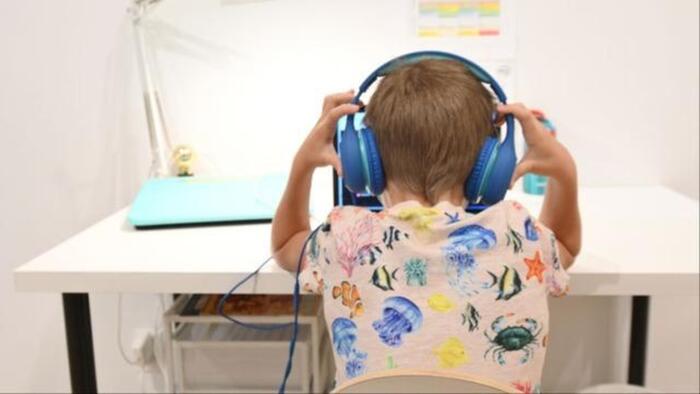During the COVID-19 pandemic, we became used to remote working and distance learning. Yet, even if online learning tools can increase kids’ engagement, it can be lonely to only study in a virtual classroom. In this article, we want to explore together the effects of social isolation in children and what we can do to prevent it.
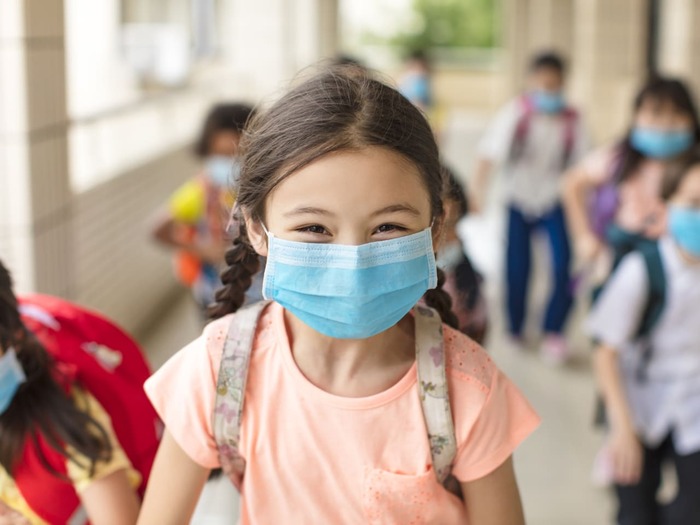
What Is Children Social Isolation?
We talk about social isolation when someone does not have enough social contacts they can regularly interact with. It is no secret that people are social beings. Therefore, long-term social isolation can have negative effects on both adults and youth.
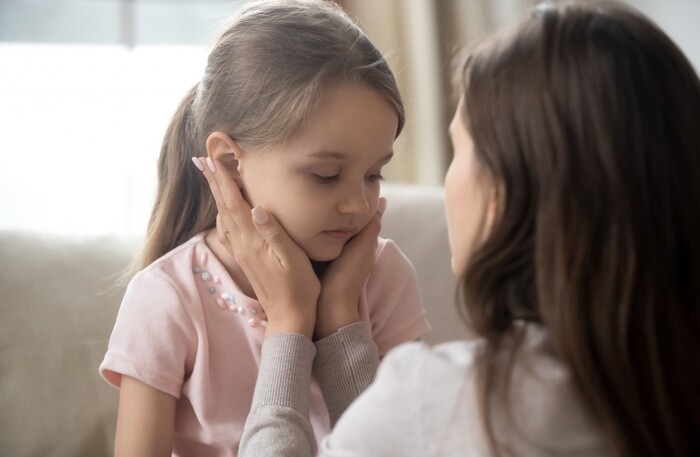
Social isolation can be particularly harmful for child development. This is so because socialization helps kids acquire essential social skills. When they do not have the opportunity to master those skills, this might have a negative impact on their future socio-emotional development.
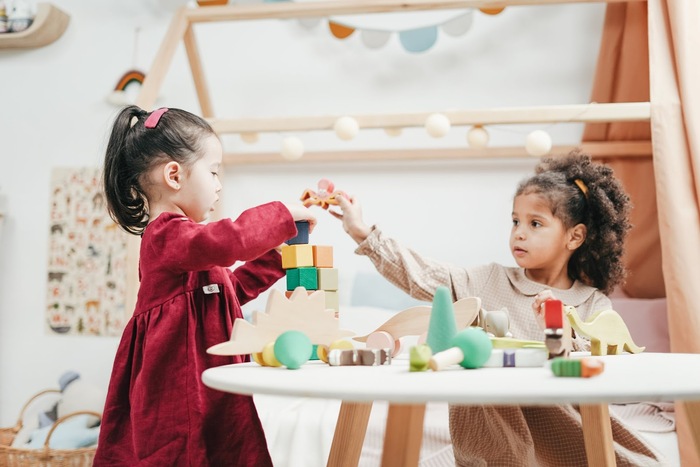
What Are the Effects of Social Isolation on Child and Youth Development?
Social isolation in children might not be harmful if it is temporary. Nevertheless, it is helpful to know a few specifics about different age groups.
First, preschool kids need a lot of social interactions because it is the foundation for their social development. Without being able to communicate with their peers, it will be harder for them to learn how to solve problems and adopt appropriate behaviours.

Similarly, grade school children need to refine their social skills through peer interactions. When they do not have access to them, they might find it tempting to spend more time in front of the screen. This is so because they need stimulating breaks in their study routine.
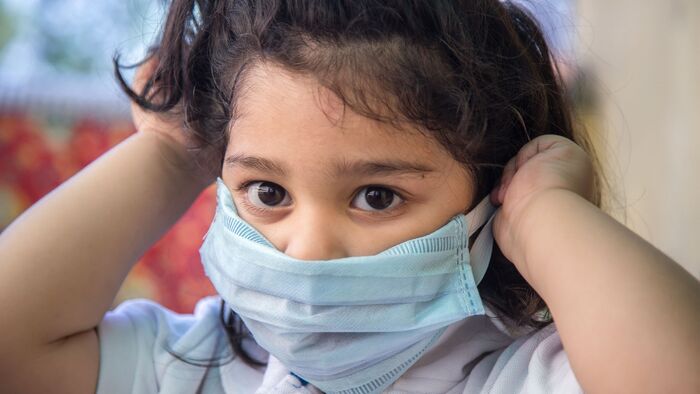
Teens might appear to be older and more aware. However, their brains need social interactions in order to reflect on themselves, experience different ways of being, find motivation and mature. Otherwise, adolescents might experience anxiety and depression.

What Can You Do as a Parent to Support Your Child’s Mental Health?
Children is school during pandemic and lockdowns is definitely something a lot of parents worry about. On the one hand, it is not always possible to have a comfortable home office where everyone can work and study at ease. On the other hand, parents need to support their children when they get frustrated due to the change of routines.

If you want to support your kid’s well-being, pay attention to communication.
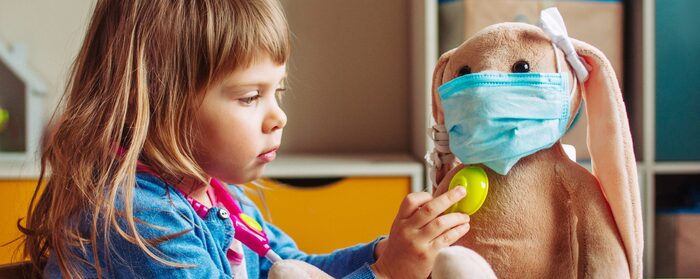
First, make sure your children feel safe to share with you openly what they might be going through. Besides, prioritize spending quality family time every evening. Last, but not least, help your kid remain connected with their peers. In this way social distancing will not turn into social isolation in children.

